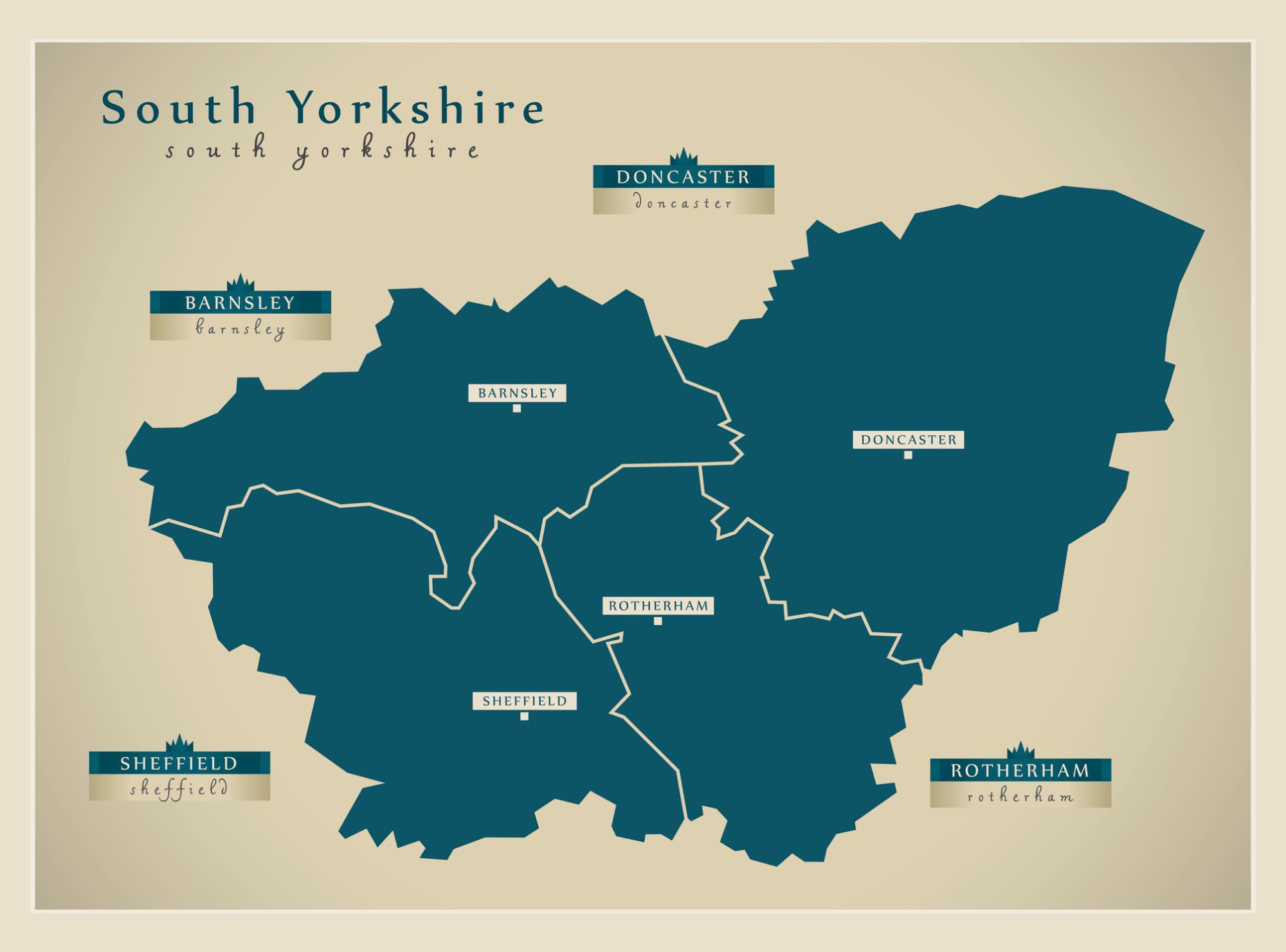North to South: weight management dietetics across England

Sarah is a Community Dietitian and Team Lead for Adult Weight Management with Dorset Healthcare. She specialises in adult weight management. with a particular interest in the psychological and behavioural aspects of eating, Sarah is a huge advocate for the benefits of physical activity.
Sarah Martin, RD
Community Dietitian
Diversity, disparity, poverty and wealth, Sarah has seen it all in her dietetic career, a journey in weight management that has taken her from the North to the South of England.

My career as a dietitian has taken me up and down the country. I studied at Coventry University and moved to South Yorkshire for my first post-graduation role as a bank dietitian, supporting the team with what was called a ‘winter pressures’ role. This was very much a stepping stone towards my area of interest – weight management.
I know it’s certainly not an area that everyone enjoys, but I love the psychology and behavioural side of dietetics, and weight management really calls on those skills.
Meat and potatoes... and Yorkshire tea!

My first weight management role was in Barnsley. Historically a coal mining town, Barnsley has unfortunately become an area of significant deprivation and poverty since the collieries were closed in the 1980s/90s. Along with that comes high rates of health inequalities, and significant rates of overweight and obesity in adults and children. The national average for England stands around 63%, but in Barnsley it is nearer 73% - 3 in 4 adults have excess weight, and the well-documented health risks that come along with this.
I worked with a community weight management team, delivering a service across the various villages that make up Barnsley. This included maternal obesity clinics, pre-op bariatrics, 1:1 clinics and group sessions. It was very much an outreach type service, heading out into communities to support patients with weight management strategies.
The population of Barnsley is overwhelmingly white (97% of the population) and diets were often very traditionally ‘British’. Whilst personal preferences brought some diversity to the diets eaten, it was certainly common for meals to be based around meat and potatoes, with a limited range of fruit and vegetables, lots of bread-based meals and, of course, copious amounts of Yorkshire tea! As with all patients, it was essential that dietary advice took into account the financial disadvantages of the population when collaborating with patients to set SMART goals.
Birmingham: diversity and language challenges

From Barnsley I moved to a job in Birmingham, as a specialist weight management and bariatric dietitian. The patient population really couldn’t have been more different – Birmingham is home to 187 different nationalities, with over 51% of the population being from ethnic minority groups. Birmingham is ranked as the 3rd most deprived city in the country and is home to numerous food deserts, with affordable fresh food (particularly fruit and vegetables) being hard to access.
My first few weeks in Birmingham were a very steep learning curve – there was so much I didn’t know about different cultural diets and traditions, and the diversity of the patients truly enriched my knowledge both as a dietitian and personally.
Another challenge I frequently faced was a language barrier, as you can imagine with such a diverse population there were a lot of different languages spoken by the patients coming into clinic. I had to learn to work with an interpreter, which I always feel really changes the dynamic of consultations particularly with the time restraints of a fully booked clinic.
Dorset: from diversity to disparity

From Birmingham I continued my journey south and moved back to a community post, but in the beautiful coastal towns of Poole and Bournemouth, Dorset, where I'm still based. Again, this really couldn’t be more different to Birmingham and Barnsley.
The population has a greater percentage of older adults (22% aged 65 years and above) than the national average (18%), and in addition to my role as lead for adult weight management, I also have a significant caseload of patients referred for nutrition support.
Rates of overweight and obesity in this area are marginally below the national average, but the referral numbers remain high.
Within East Dorset you can find extreme wealth and significant deprivation in neighbouring areas. The disparity between those on lower and higher incomes can be quite startling, and as affordability of food becomes increasingly challenging, I find myself signposting more and more patients to food banks and community fridges.
I think it is essential to recognise barriers to change and the difficulties some people experience in trying to make diet and lifestyle changes. Whilst we all do have 24 hours in the day, the experience of those 24 hours can vary wildly, and empathy and compassion in the field of weight management (and indeed all areas of dietetics) is fundamental to patient-centred practice.
